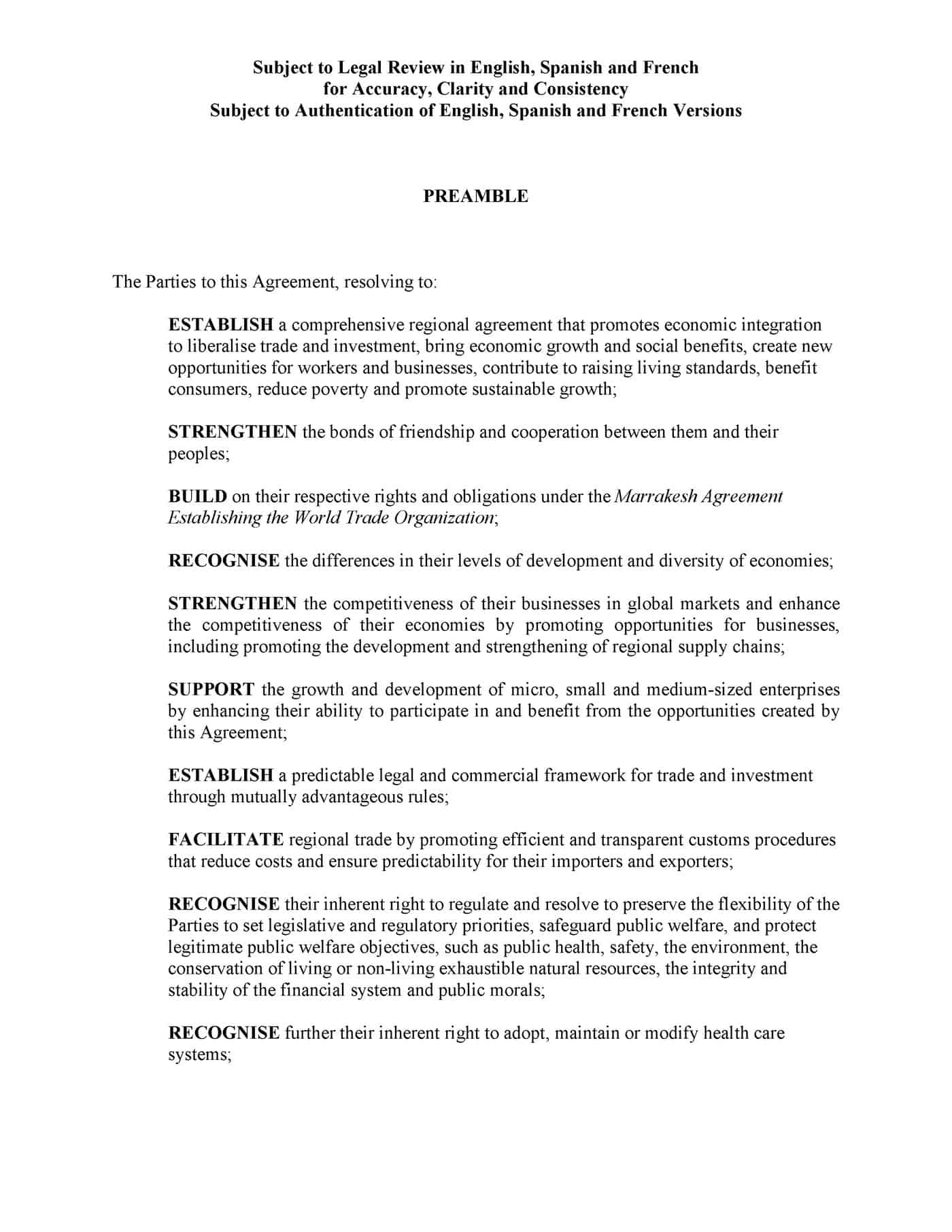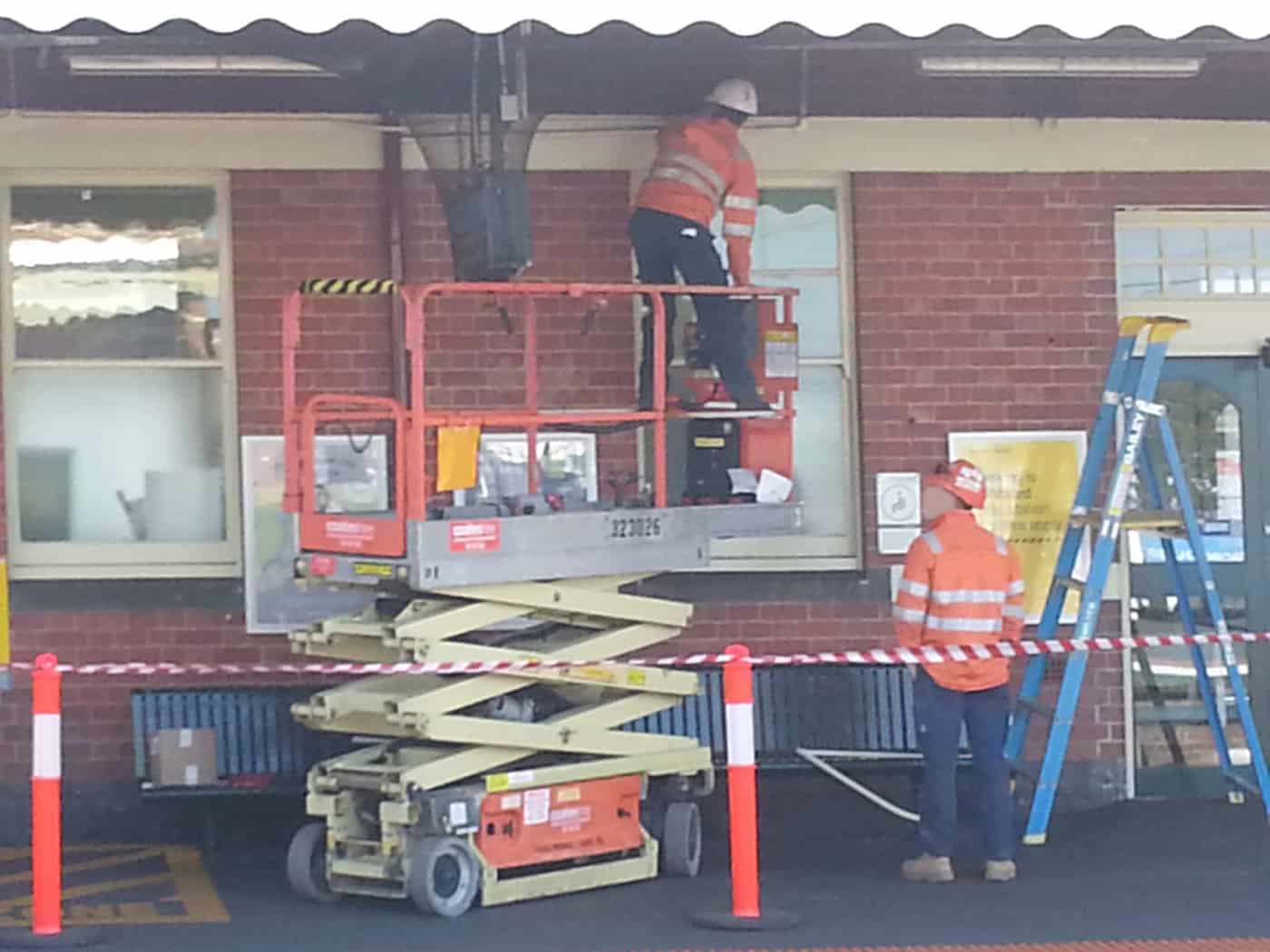Susan Fleming, Managing Director of Acting Consulting Training Australia attended a breakfast seminar on November 10 2015 and has provided this guest post .
“We have been shouting about safety for some time and in contrast whispering about well-being and health in the workplace. We need to address this as a matter of urgency”
 Judith Hackitt, Chair of the UK Health and Safety Executive addressed the issue of University of Western Australia Centre For Safety (UWA Centre for Safety) breakfast on 10 November 2015.
Judith Hackitt, Chair of the UK Health and Safety Executive addressed the issue of University of Western Australia Centre For Safety (UWA Centre for Safety) breakfast on 10 November 2015.
In a prudent and well-programmed session, the UWA Centre for Safety inspired good debate about the business impact the well-being of employees is having on the workplace.



 There is no doubt that football fields are the workplaces of professional football players and their support staff. So they are covered by occupational health and safety (OHS) and/or work health and safety (WHS) laws but what does this mean in relation to OHS regulators, and the sportspeople’s employers? Recently
There is no doubt that football fields are the workplaces of professional football players and their support staff. So they are covered by occupational health and safety (OHS) and/or work health and safety (WHS) laws but what does this mean in relation to OHS regulators, and the sportspeople’s employers? Recently